“Discover the unparalleled quality and timeless elegance of premium leather bags made by hand. Each piece embodies the essence of craftsmanship, offering durability, unique design, and the personal touch of skilled artisans. Elevate your style with a handcrafted leather bag that tells a story as unique as yours.”
The allure of handmade premium leather bags is undeniable. Each stitch, cut, and fold tells a story of tradition, dedication, and artistry. In a world increasingly dominated by mass-produced goods, the appeal of handcrafted items, especially premium leather bags, has surged, highlighting the unmatched quality and uniqueness that only human touch can provide.
Table of Contents
Why Choose Handmade?
1. Unmatched Quality
Handmade items are crafted with meticulous attention to detail. Artisans take pride in their work, ensuring each piece meets a high standard of quality. Unlike mass-produced goods, where the focus is often on speed and cost reduction, handmade products are about excellence and durability.
2. Unique and Personal
Each handmade item is unique, carrying the individual marks of its creator. This uniqueness means you’re less likely to encounter someone else with the exact same product. Moreover, many artisans offer customization options, allowing for a more personal and tailored experience.
3. Sustainability
Choosing handmade can also be a more environmentally friendly option. Small-scale production processes are typically less wasteful and more conscious of materials and energy use. Artisans often source local or sustainable materials, contributing to a smaller carbon footprint.
4. Supporting Artisans and Small Businesses
Purchasing handmade goods directly supports artisans and small businesses, contributing to local economies and communities. This support helps preserve traditional crafts and techniques that might otherwise be lost in a world of industrial production.
5. The Story Behind Each Item
Handmade items come with stories: of the artisan, the techniques used, and the inspiration behind the piece. Owning something handmade is like keeping a piece of that story, which can add sentimental value beyond the physical item itself.
6. Quality over Quantity
Choosing handmade is a step towards a more mindful and intentional approach to consumption. It encourages focusing on the quality and value of items rather than accumulating large quantities of disposable goods.
7. Ethical Practices
Many handmade goods are produced under more ethical conditions than their factory-made counterparts. Artisans typically have more control over their work environment, hours, and practices, leading to more ethical production processes.
8. Preservation of Traditional Skills
Buying handmade helps preserve traditional skills and crafts, passing them down to future generations. These skills are part of cultural heritage and provide a link to the past and insight into different cultures and ways of life.
9. Emotional Connection
There’s often an emotional connection that comes with handmade items. Knowing who made an item, understanding the process, and recognizing the effort that went into it can create a bond between the creator and the consumer that mass-produced items simply can’t replicate.
10. Longevity and Value
Handmade items are not just purchases; they’re investments. Crafted to last, they often age well and can become more valuable or cherished over time, both emotionally and, in some cases, financially.
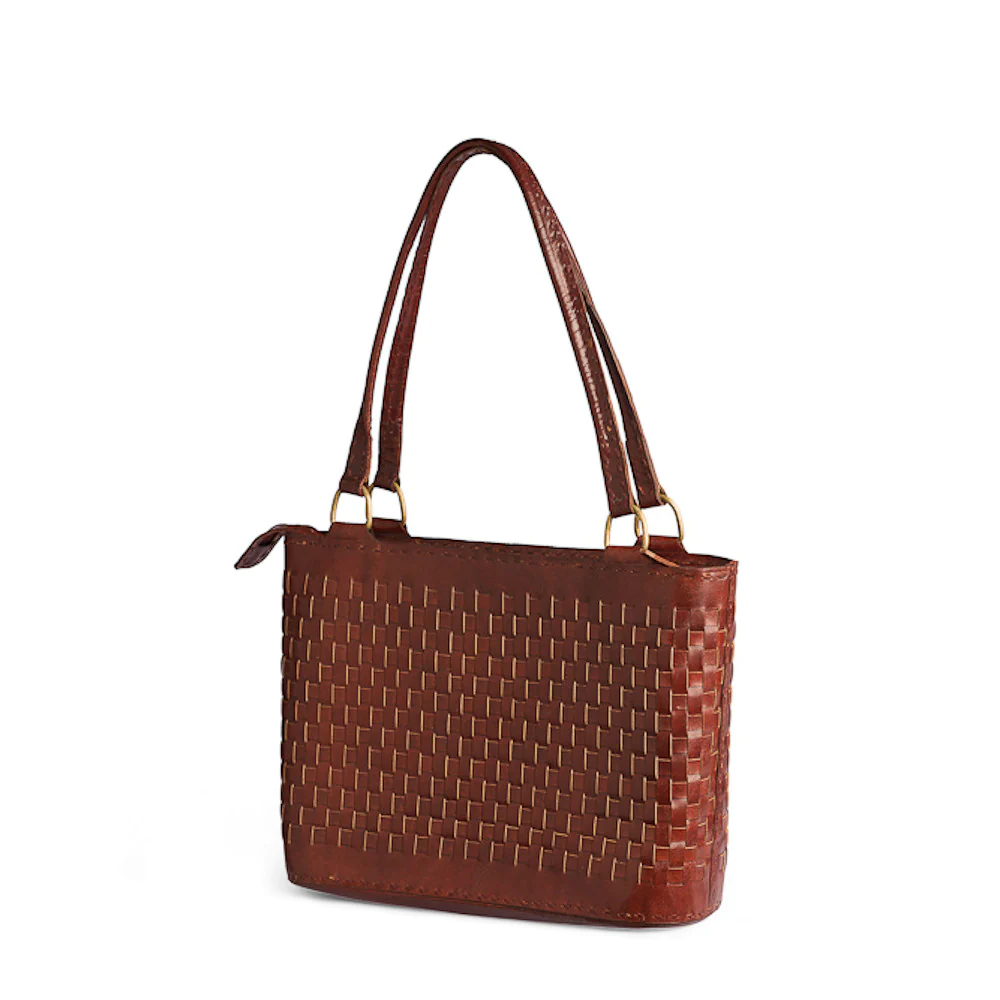
Cost vs. Value
Understanding Cost
The cost of handmade items is often higher due to several factors:
- Materials: Artisans typically use higher quality, sometimes rare or sustainably sourced materials, which cost more.
- Labor: The time and skill required to create each piece by hand significantly contribute to the cost. Handmade items are labor-intensive, reflecting the artisan’s expertise, effort, and attention to detail.
- Production: Smaller production runs are more expensive per unit than mass production. Artisans do not benefit from economies of scale in the same way large manufacturers do.
- Sustainability and Ethics: Ethical labor practices and sustainable sourcing often result in higher costs, as artisans and small businesses commit to fair wages and environmentally friendly practices.

Assessing Value
The value of handmade items encompasses much more than their functional use:
- Quality and Durability: Handcrafted goods are made to last, often from superior materials with a level of craftsmanship that mass-produced items can’t match. This longevity can make them more cost-effective in the long run.
- Uniqueness and Personalization: The unique nature of each handmade piece, with the possibility of personalization, offers emotional or sentimental value that off-the-shelf products cannot provide.
- Aesthetic and Craftsmanship Appreciation: There’s intrinsic value in owning something beautifully and skillfully made. For many, the aesthetic pleasure and appreciation of craftsmanship are worth the extra expense.
- Supporting Communities: Purchasing handmade goods supports individual artisans and small businesses, contributing to local economies and fostering community growth. There’s value in knowing your purchase has a positive impact.
- Environmental Impact: Handmade goods often have a smaller environmental footprint than factory-made items. The value here includes contributing to sustainability and reducing waste and pollution.
- Cultural Preservation: Buying handmade items, especially those that use traditional methods, helps preserve cultural heritage and crafts that might otherwise disappear.
Making the Decision
When deciding between cost and value, consider:
- Long-Term Use: Will the item last longer and stay in style compared to cheaper alternatives? If so, the investment might save money over time.
- Personal Connection: Does owning a unique, handcrafted item bring you joy or satisfaction that justifies the cost?
- Ethical and Environmental Considerations: Are the ethical production and reduced environmental impact important to you and worth paying extra for?
- Support for Artisans: Do you value supporting individual creators and small businesses over saving money?
Supporting Artisans and Small Businesses
Economic Empowerment
- Local Economies: Spending money at local artisans and small businesses keeps more money within the community, leading to a multiplier effect that can enhance the local economy’s overall health.
- Job Creation: Small businesses are significant job creators. By supporting them, you’re helping maintain and create jobs that are often more fulfilling and sustainable than those offered by larger corporations.
Quality and Craftsmanship
- Superior Quality: Artisans take pride in their craftsmanship, often using high-quality materials and paying close attention to detail, resulting in superior products that stand the test of time.
- Unique Products: Small businesses and artisans offer products that are unique and often customizable, providing a personal touch that mass-produced items cannot match.
Sustainability and Ethics
- Sustainable Practices: Many small businesses and artisans prioritize sustainable practices in sourcing materials and creating their products, contributing to a healthier planet.
- Ethical Production: Small-scale production is more likely to ensure fair labor practices and ethical treatment of workers, in stark contrast to the often-questionable practices of larger corporations.
Preservation of Traditional Skills
- Cultural Heritage: Supporting artisans helps preserve traditional crafts and skills that have been passed down through generations, maintaining cultural heritage and diversity.
- Innovation: Small businesses and artisans are also at the forefront of innovation, blending traditional techniques with modern designs and ideas to create novel products.
Personal Connection and Community
- Building Relationships: Purchasing from small businesses and artisans often allows for direct interaction with the makers, fostering a sense of community and connection.
- Understanding the Story: Each handmade item has a story—of the maker, the process, and the inspiration. This connection adds value and meaning to the purchase that goes beyond the item itself.
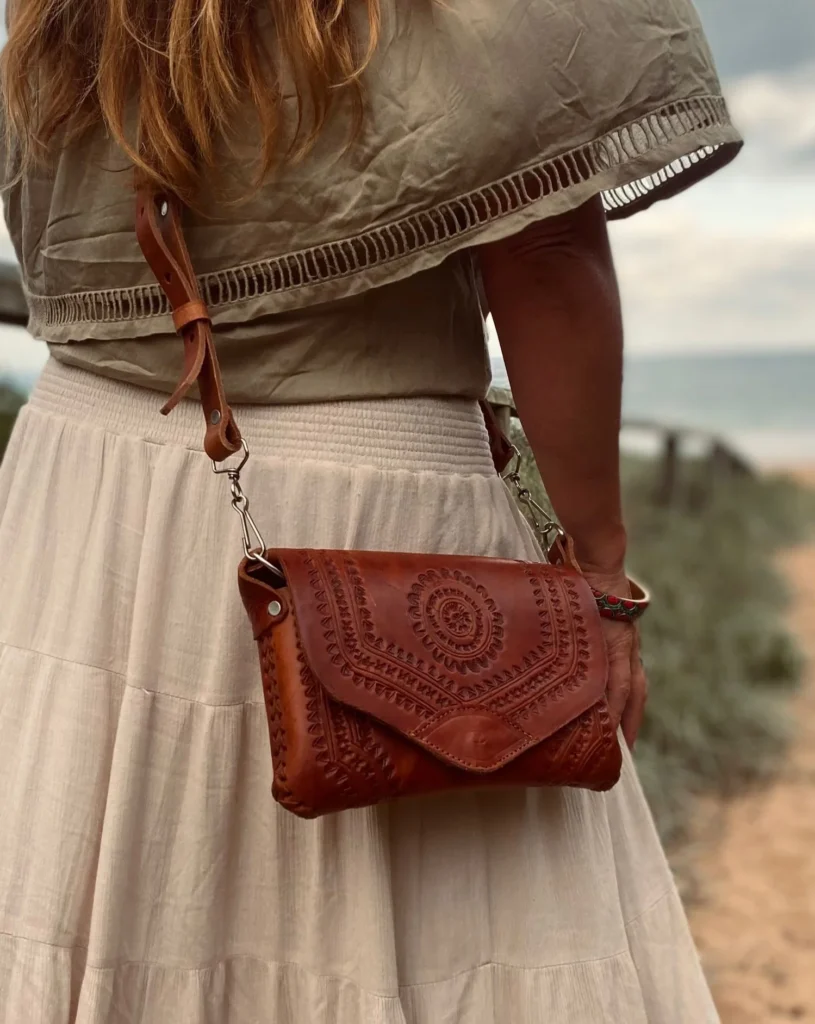
How to Support Artisans and Small Businesses
- Purchase Directly: Buying directly from artisans at markets, through their online stores, or in local small businesses ensures that more of the profit goes to the maker.
- Spread the Word: Use social media or word-of-mouth to share your favorite artisans and small businesses. Recommendations can significantly impact their visibility and success.
- Leave Positive Reviews: Positive reviews can help small businesses and artisans reach a broader audience and build trust with potential customers.
- Engage with Their Stories: Many artisans share their processes, stories, and inspirations on social media. Engaging with their content can provide moral support and encourage their efforts.
Spotting Authentic Handmade Leather Bags
1. Look at the Stitching
- Uniformity: Hand stitching may not be as perfectly uniform as machine stitching, but it should still look precise and neat. Irregular stitching can indicate handcraftsmanship, adding to the bag’s uniqueness.
- Pattern: The stitching pattern in handmade bags might show more variability and character compared to the repetitive accuracy found in machine-stitched items.
2. Examine the Leather Quality
- Texture and Imperfections: Genuine leather has natural variations and imperfections, such as slight color changes or marks. These characteristics are often more pronounced and appreciated in handmade bags.
- Smell: Authentic leather has a distinct smell that synthetic materials can’t fully replicate. Handmade bags using high-quality leather will have a rich, natural scent.
3. Check the Edges and Finishing
- Burnishing and Painting: Handmade bags often have edges that are carefully burnished or painted by hand, showing meticulous attention to detail.
- Finishing: Look for signs of hand-finishing, such as manual polishing or hand-applied treatments to the leather, which can give the bag a unique patina over time.
4. Look for the Artisan’s Mark
- Signatures or Logos: Genuine handmade bags may include the artisan’s signature, logo, or mark, often discreetly placed. This mark is a sign of pride and authenticity.
- Documentation: Some artisans include certificates of authenticity or informational cards about the bag and its craftsmanship.
5. Assess the Hardware
- Quality and Uniqueness: The hardware on handmade bags, such as buckles, clasps, and zippers, is usually of higher quality and may include unique designs or artisan branding.
- Consistency: In contrast to the uniformity of mass-produced items, the hardware on handmade bags might show slight variations or signs of being individually crafted or selected.
6. Consider the Bag’s Overall Design
- Uniqueness: Handmade bags often feature unique designs, custom elements, or distinctive styles that set them apart from mass-market products.
- Functionality and Aesthetics: Artisans balance functionality with aesthetics, resulting in thoughtful design elements that enhance the bag’s use and appearance.
7. Ask About the Crafting Process
- Direct Communication: If possible, speak directly with the maker or seller about the bag’s crafting process. Authentic artisans are usually eager to share their techniques, materials, and the story behind their work.
8. Price as an Indicator
- Reflective of Quality and Effort: Authentic handmade leather bags typically come at a higher price, reflecting the quality of materials, time, and skill invested in their creation.
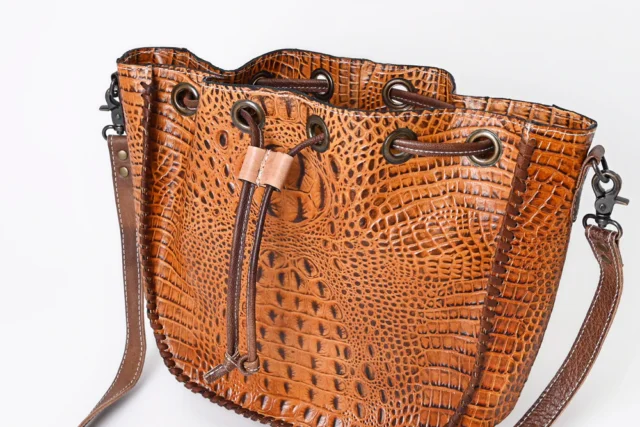
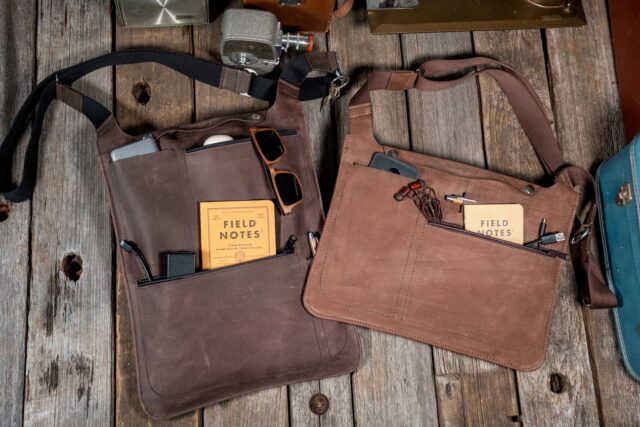
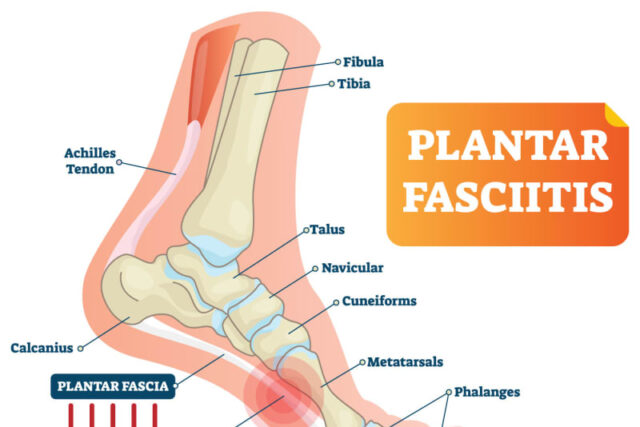
MOST COMMENTED
Animal-Based Proteins / Casein Protein / Dietary Protein / High-Protein Diets / Pea Protein / Plant-Based Proteins / Protein / Protein Deficiency / Protein Supplements / Proteins / Whey Protein / Whey Proteins
Is Protein Powder Safe for Teenagers and Children?
Animal-Based Proteins / Casein Protein / Dietary Protein / High-Protein Diets / Pea Protein / Plant-Based Proteins / Protein / Protein Deficiency / Protein Supplements / Proteins / Whey Protein / Whey Proteins
Unlock the Power of Proteins for Optimal Gut Health
Multivitamin
Total Health: Multivitamin for Active Lifestyles
Multivitamin
WellnessFusion: Complete Multivitamin Support
Dietary Supplement
Revitalize Your Health: The Magic of Red Yeast Rice Capsules
Foot care / Foot Health
Revitalize Your Foot Care Routine: Essential Tips for Optimal Foot Health
Foot Problem / Diabetics / Foot Health
Diabetics: Mastering Footwear Selection for Enhanced Foot Health and Ultimate Comfort
Exercises and Footwear Tips for Hammertoe Relief / Foot care / Foot Health / Foot Pain / Foot Problem / Hammertoes
Unlock Effective Exercises and Footwear Tips for Hammertoe Relief
Hammertoes / Foot Health / Foot Pain / Foot Problem
Unlock Relief: Essential Guide to Hammertoes Causes, Symptoms, and Treatments
Foot Problem / Foot Health
Revolutionize Your Recovery: Natural Remedies for Plantar Fasciitis – Fresh Home Keepers